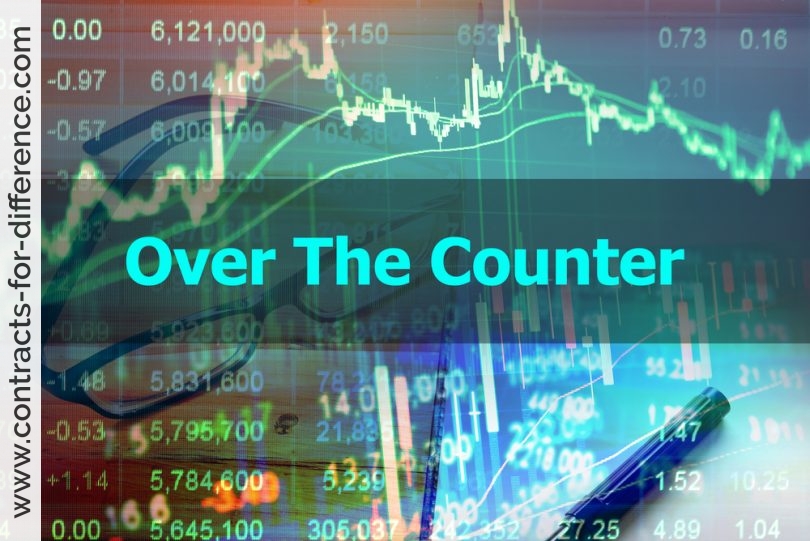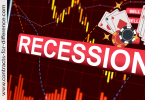The general public know over-the-counter or OTC as a term used for pharmaceuticals, which denotes that a drug can be bought freely. The opposite to this is a drug that is only available on prescription. However, when you start trading you find that this description can also be applied to financial securities.
In its most basic meaning, an over-the-counter security is one that is not traded on an exchange. It means that the financial instrument is traded directly between two parties, which could be banks or financial institutions, or between you and your contracts for difference dealer.
In the world of stocks, it is only the larger companies that are listed on the stock exchanges. Some stocks trade directly over a dealer network, and these may be referred to as unlisted stocks. The stocks are often listed on a bulletin board, and may also be quoted on “pink sheets”, so-called because the lists used to be printed on pink paper. The companies may be unlisted because they are unable to meet the requirements for listing on the exchange, and they are usually small. Incidentally, although NASDAQ is similar to this, in that it is an electronic bulletin board rather than a central market location, by definition stocks on NASDAQ are not considered over the counter.
Other financial securities can be over-the-counter traded — many of the deals done between banks trading debt instruments would be counted as such, as the deals are specifically and individually arranged in something like a credit default swap (CDS) transaction.
One potential disadvantage of over-the-counter trading is that each deal is a private one, and you’re not protected against things going wrong in the same way as you are when you use a central exchange. Even though your CFD dealer may be well known and well funded, it is still a different transaction type when you trade with him, rather than using an exchange.
All CFDs used to be traded this way, with the CFD dealer being the market maker. That’s why you may have found different spreads and charges when shopping between different dealers. However, in 2007 the Australian Stock Exchange (ASX) decided to provide an alternative, and they started listing CFDs on the market. Exchange traded CFDs are traded through the stock exchange, have the benefits of leverage enjoyed by all CFDs, and even have reduced transaction costs, as these are standardized.
Under the OTC system, you always have to close out your CFD trade with the same broker you placed it with, and at his price, which was subject to suspicion of fraud. In contrast, using a stock exchange each dealer is required to repeat every CFD trade for these ”listed CFDs” on to the stock exchange, hedging the trade by placing a backing stock order. This gets around any suggestion that that the CFD dealer can abuse the market maker system, and gives much greater transparency for the operation. This system also means that the trader can use different broker.





